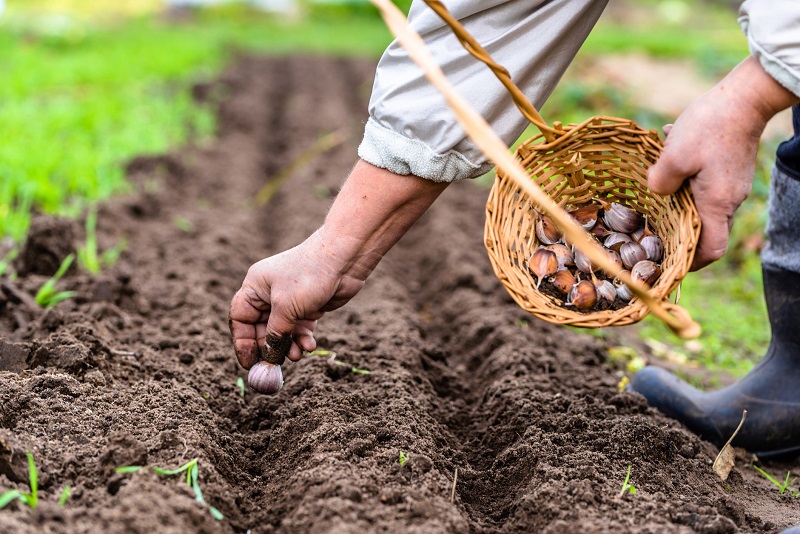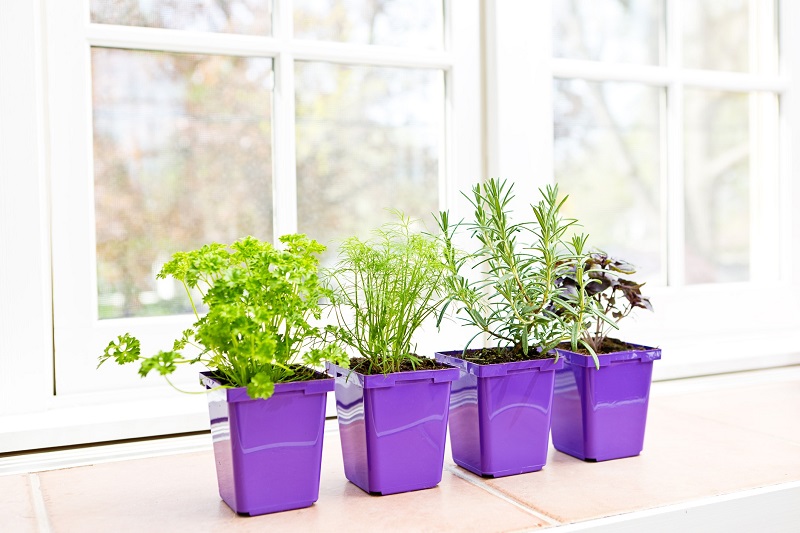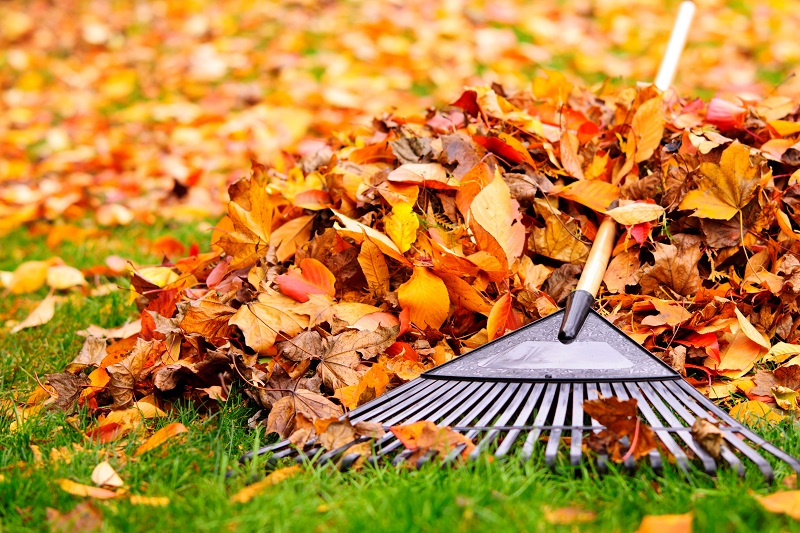Spring will get all the eye in terms of gardening. Nevertheless, fall would possibly really be one of the best season for planting and spending time outdoors getting your palms within the grime.
In most locations, the climate in autumn options average temperatures, loads of sunny days and occasional rains—preferrred circumstances for folks in addition to crops. Whether or not you wish to develop meals, flowers or each, the steps that you simply take within the fall will repay for the following gardening season and for years to return.
Bonus: Getting outdoors and transferring round whereas gardening is the proper exercise to assist your weight reduction objectives! On Nutrisystem, we suggest half-hour of bodily exercise every day.
Take a look at these 12 simple suggestions for fall backyard success:
Planting Time

Many scrumptious and nutritious greens develop greatest in cool temperatures fairly than within the warmth of summer time. Fall climate additionally permits timber, shrubs and perennial flowers to settle in and begin rising roots. In the event you can, look forward to an overcast day earlier than a lightweight rain to plant.
1. Leafy greens, together with spinach, arugula, and kale all do properly within the fall. You can begin with seeds or with little transplants you purchase on the backyard heart. In all however the coldest areas, these crops will produce a couple of harvest-ready leaves in fall, go dormant in winter, after which start rising recent leaves because the climate warms once more in spring.
2. Radishes come up shortly and the spicy roots can be prepared so as to add to your salads in as little as 5 to 6 weeks after you sow the seeds.
3. Carrot seeds germinate extra slowly, however they thrive in cooler temperatures, too. In truth, you possibly can go away carrots within the floor till it freezes arduous. They style sweeter after a chill.
4. Garlic grows like many flowering bulbs: You plant particular person cloves of garlic within the fall and each will turn out to be a complete new bulb over the winter. They’ll be prepared so that you can dig up and eat when the following spring turns to summer time.
5. Fruiting timber and shrubs get an opportunity to settle in and begin placing down roots whenever you plant them in fall. Even if in case you have a small yard, think about placing in a dwarf apple, cherry or peach tree. You’ll benefit from the recent fruit for years after. Raspberry bushes want a little bit room to unfold out, however they produce abundantly season after season and require virtually no upkeep.
6. Flowering bulbs deliver good colours to your yard in spring, however they get began in fall. Tulips, daffodils, crocuses and hyacinths come in numerous sizes, colours and patterns, so you will discover some that suit your panorama and style. Plant a combination so you could have flowers in bloom every month.
Carry it In


7. Cooking herbs, similar to thyme, rosemary and chives, develop properly indoors in winter in addition to outdoors in the course of the hotter months. Earlier than frigid temperatures set in for good, dig up small items of your favourite culinary herbs and plant them in containers with potting soil. Set the pots on a windowsill (ideally dealing with south or west the place the solar is strongest in winter). Snip off leaves and add them to your meals everytime you need. You can also put fresh-cut herbs in a dry, darkish place for a pair weeks after which it can save you the dried leaves in clear jars to make use of as wanted.
8. Houseplants, together with cacti and different succulents, thrive once they get to take in lengthy days of summer time sunshine. Nevertheless, when in a single day temperatures start to drop under 50 levels F, they’re prepared to return inside. Give them a fast rinse first to clean away any insect pests that is perhaps hanging round.
Prep for Spring


9. You may immediately multiply lots of the hottest perennial crops, similar to daylilies, peonies and hostas, by dividing them within the fall. Merely dig up clumps of the crops and break them into smaller items together with your palms or a pointy spade. Then replant the items in new spots, water them properly and look forward to them to return up once more within the spring.
10. You would possibly consider fall leaves in your garden as a nuisance, however they are surely a treasure. Shred up leaves utilizing a garden mower with a grass-catching bag after which unfold them in your flower and vegetable beds. The leaves make a blanket that insulates the soil and retains it from washing away throughout heavy storms. Because the leaves slowly decompose within the coming months, they launch vitamins that crops soak up within the spring.
11. Turbocharge your backyard and prepare for spring by mixing manure into the soil in fall. You should purchase nutrient-rich manure in baggage from native backyard facilities or get it from an area farm, whether or not it comes from cows, horses, sheep or chickens.
12. Hold your energy tools similar to mowers and string trimmers working properly by draining their gas tanks after the final reduce of the season. Put in recent fuel whenever you begin them up once more in spring.

